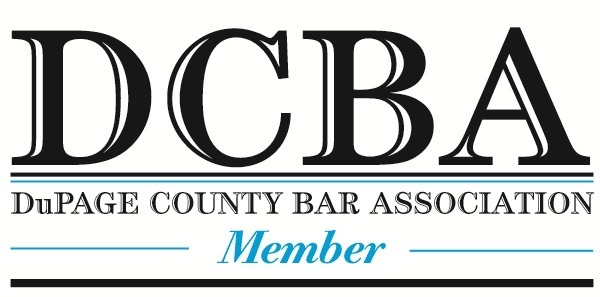It isn’t uncommon for one spouse to want to record another spouse during the divorce process. A recording can be evidence of tension at exchanges, violations of orders, or other allegations made against your spouse. Can you record your spouse without their consent, though?
Generally, it depends on the type of recording that you’re doing. Contact one of Giannola Legal LLC’s family law lawyers in Cook County, Illinois for specific recording questions on your case.
Do I need my spouse’s consent to record?
For a spoken conversation, Illinois law requires that you obtain everyone’s consent to record their conversation with a few exceptions, pursuant to 720 ILCS 5/14-2. If your spouse has a reasonable expectation of privacy, like during a private conversation between the two of you in your home, then you need their consent to record them. If your spouse is shouting in a restaurant, however, there is no expectation of privacy, and you can probably record the conversation.
Exceptions to Consent
The law also provides an exception if you reasonably believe the other person in the conversation is committing a crime, is about to commit a crime, or has committed a crime against someone in your immediate household. 720 ILCS 5/14-3. If you feel unsafe and reasonably believe that your spouse will harm you or commit some other crime against you or someone else in your house, you can likely record this conversation, too.
If you are uncertain about whether or not you can record a conversation with your spouse, reach out to your attorney. Any conversation recorded in violation of the law is not only a crime, but it also cannot be admitted into evidence in your family law proceedings. Giannola Legal LLC’s family law lawyers in Cook County, Illinois.










